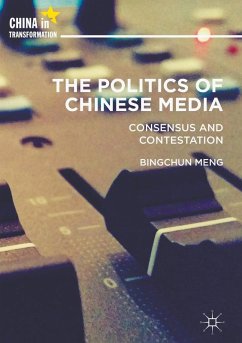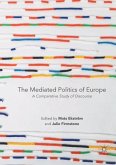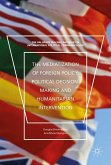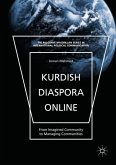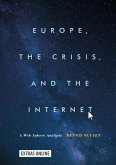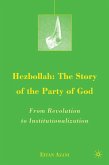This book offers an analytical account of the consensus and contestations of the politics of Chinese media at both institutional and discursive levels. It considers the formal politics of how the Chinese state manages political communication internally and externally in the post-socialist era, and examines the politics of news media, focusing particularly on how journalists navigate the competing demands of the state, the capital and the urban middle class readership. The book also addresses the politics of entertainment media, in terms of how power operates upon and within media culture, and the politics of digital networks, highlighting how the Internet has become the battlefield of ideological contestation while also shaping how political negotiations are conducted. Bearing in mind the contemporary relevance of China's socialist revolution, this text challenges both the liberal universalist view that presupposes 'the end of history' and various versions of China exceptionalism, which downplay the impact of China's integration into global capitalism.
"This is an important and accomplished book that should grace the shelves of everyone with an interest in how to understand the complexities of Chinese media and its intersections with history, politics, political economy and society." (Jonathan Sullivan, The China Quarterly, Vol. 242, June, 2020)
"In The Politics of Chinese Media: Consensus and Contestation, Bingchun Meng explores how the media industry in China has shaped and been shaped by different agents, showing how consensus and contestation have emerged in different locations. In offering a subtle account that aims to unsettle the oversimplified academic discourse that applies Western theory to Chinese contexts, this book lays a solid foundation for future research on Chinese media" (Meng Hin Ng, LSE Review of Books, blogs.lse.ac.uk, February, 2019)
"In The Politics of Chinese Media: Consensus and Contestation, Bingchun Meng explores how the media industry in China has shaped and been shaped by different agents, showing how consensus and contestation have emerged in different locations. In offering a subtle account that aims to unsettle the oversimplified academic discourse that applies Western theory to Chinese contexts, this book lays a solid foundation for future research on Chinese media" (Meng Hin Ng, LSE Review of Books, blogs.lse.ac.uk, February, 2019)

